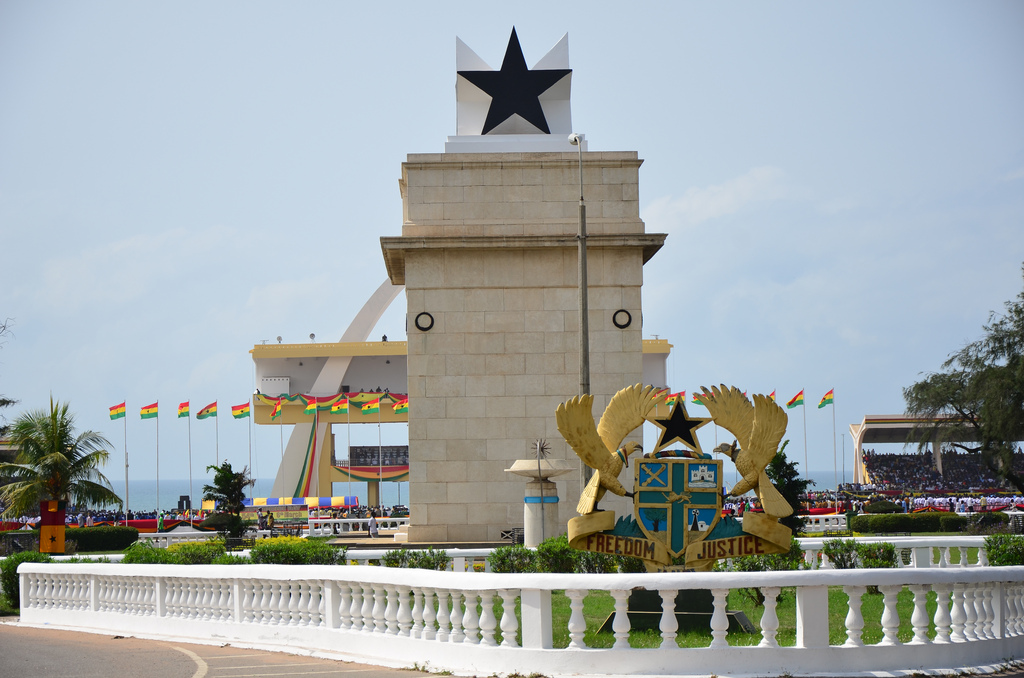Independent Ghana
This week marks the anniversary of Ghana’s Independence, the first sub-Saharan state to diverge from European rule. The country inherited English as its main language due to the British Empire’s control of the area, but there are now nine government-sponsored languages, including Twi and several of its dialects, and Ga, the oldest recognised Ghanaian language. In this blog we’ll have a look at the history of Ghana, through its independence process to its current state of affairs.
Following the “scramble for Africa” The British Empire’s colonial rule over Ghana began in earnest on the 24th of July 1874 and lasted nearly 70 years; over this period the British made use of Ghana’s vast natural resources – it gained its colonial name the “Gold Coast” due to its large deposits of the valuable metal, as well as other natural commodities. As money flowed through the region, towards the beginning of the 20th century The Gold Coast saw significant economic and social development and became something of a ‘showpiece’ colonial state for the British, and as more Ghanaians became educated, the seeds of nationalist thought and independence were sown amongst this new elite-African class.

By the end of the 2nd World War, the tide was turning against the British Empire, and indeed marked the decline of all the European empires. The War had left Britain nearly bankrupt, and unable to retain the same level of control over its colonies; this dovetailed with the rise of educated Ghanaians, the return of disenfranchised War veterans (ripe for nationalist ideology), the recent Indian declaration of Independence and the teachings of Mahatma Gandhi and its influence on Kwame Nkrumah, the eventual first Prime Minister of Ghana. With the change to Britain’s foreign policy, Kwame would eventually navigate his way through Ghana’s political system and gather mass support for Ghana’s Independence, and the country celebrated its first day of self-governance on the 6th March 1957.
So how has Ghana fared since its liberation? After Kwame was overthrown in a coup d’état by the military, Ghana experienced some rough patches politically and economically, but since the elections of 2000 it has seen legitimate transfers of power from one head of government to another, and is now considered a stable democracy. Ghana is economically strong due to its natural resources and its comparatively good management, and an indication of how well the country is doing is its healthy tourism industry. Since its independence Ghana has come to be seen as one of the leaders of Africa, and it looks likely to continue in that way.
